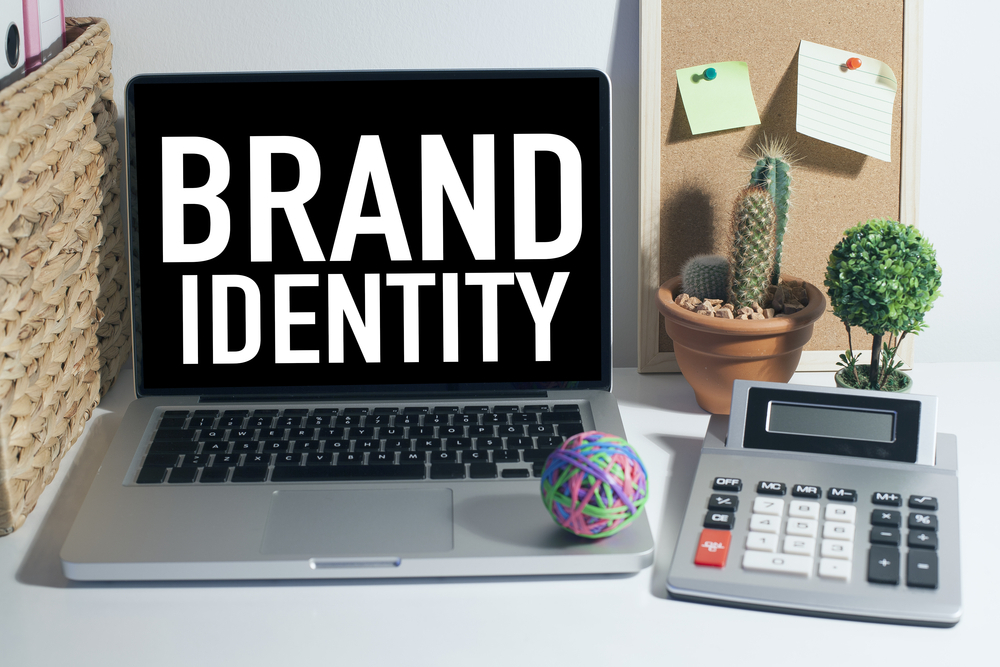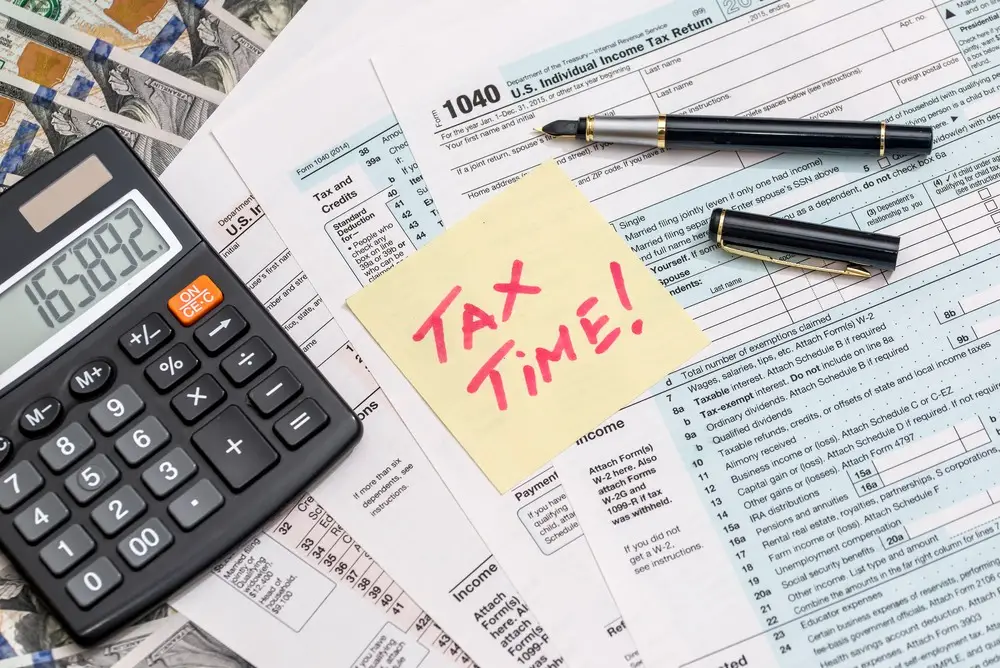You don’t really need a college degree, a lot of money in the bank or even business experience to start something that might turn into the next big success. However, You need a clear strategy and the desire to see that through. If you want to become an entrepreneur, but you probably don’t know how to establish your empire. So that’s why we are here to guide you on how to start a business.

How to start a business
Have a look at this step-by-step guide to help make your big idea into a profitable company.
1. Conduct market research
Market research combines consumer behavior and economic trends to validate the business idea and develop it. Understanding your consumer base is crucial from the outset.

Market research helps you to reduce risks even though your company is still a glow in your eye. Collect demographic information in order to better understand the strengths and weaknesses of gaining a client. This may include population data about your age, wealth, family, interests, or anything else relevant to your business.
You’ll want to keep up with the latest developments in small business, too. It’s important to get a sense of the particular market share that will influence your income. You can study the market using existing sources or you can do the research yourself and go directly to consumers.
2. Business idea
A good business plan will lead you through every step of starting and running your company. You will use your business plan as a roadmap for how your new business will be structured, run, and grow. It is a way to think through your business’s key elements.

Business plans will help you get financing or make new business partners. Investors want to feel confident it will deliver a return on their investment. A business plan is a tool you’ll use to convince people that it’s a smart choice to partner with you or invest in your company.
3. Finance for your business
There is no fixed financial solution that fits all business every business has different needs. Your personal financial situation, and your business vision, will shape your business’s financial future.
If you know how much money you’ll need for startups, it’s time to figure out how you’ll get it. You maintain complete control over the company with self-funding but you take on all the risk yourself as well.
Be careful not to spend more than you can afford, and be particularly careful when choosing to tap into retirement accounts early on. You can face expensive costs or fines, or impair your ability to retire on time so you should first consult with the administrator of your plan and a personal financial advisor.
4. Business Location
You’ll need to register your company, pay taxes, and get licenses and permits for the location you’ve chosen. Where you place your company should depend on your target market area, business partners, and personal preferences. Additionally, you should consider the different government agencies ‘ costs, benefits, and restrictions.

Remember how different things that cost more or less depending on your location when estimating your startup costs. Costs that can vary significantly from one place to another include regular salaries, minimum wage laws, property values, rental rates, business insurance premiums, services, and government licenses and fees.
5. Business Structure
Your business structure determines how much you pay in taxes, your ability to raise revenue, your paperwork, and your personal liability. Before you register your company with the state you will need to choose a business structure.
Some companies would also need to get a tax ID number and register for the licenses and permits they need. Choose carefully. While in the future you may be transitioning to another business structure, there may be restrictions based on your location.
6. Business Name
You’ll want to select a business name that reflects your brand identity and doesn’t conflict with the types of goods and services that you offer. Once you have decided on a name that you want, you need to protect it.

There are four different ways to have your business name registered. Each way to register your name serves a different function, and some may be legally required depending on the nature and location of your company.
7. Register your business
Your position and business structure will decide how your company will need to file. Next, recognize those factors and registration becomes very straightforward. For most small businesses, registering your business with state and local governments is as easy as registering your business name.

You don’t have to register at all, in some cases. If you do business using your legal name as yourself, you will not need to register anywhere. But note, if you don’t register your company, you could miss out on personal liability insurance, legal advantages, and tax benefits.
8. Get Federal and state tax IDs
Your Federal Tax ID is your Employer Identification Number (EIN). You need it to pay federal taxes, hire employees, open a bank account and apply for licenses and permits for companies. Applying for an EIN is free and you should do so right after you have registered your company.
Use the IRS Assistance System to register for an EIN. It will direct you through questions and ask for your name, your social security number, your address, and the name of your “Doing Business As” (DBA) name. Your federal tax ID having nine-digit and it will be available immediately upon authentication.
9. Applying for licenses and permits:
You’ll need to get a federal license or approval if a federal agency oversees your business activities. The licenses and permits you need from the state, county, or city will depend on the location of your business and business activities.

Your license fees can vary too. Some licenses and permits expire after a specified time period. Keep a close track of when you need to renew them renewing them often is easier than applying for a new one.
10. Open a business bank account
You should open a business bank account as soon as you start accepting or spending the money on your business. Common business accounts include a checking account, a savings account, a credit card account, and an account for merchant services.

Merchant services accounts allow you to accept your customers ‘ credit and debit card transactions. Once you have got your federal EIN, you can open a business bank account. Many commercial bank accounts offer benefits that do not come with a regular personal bank account.
